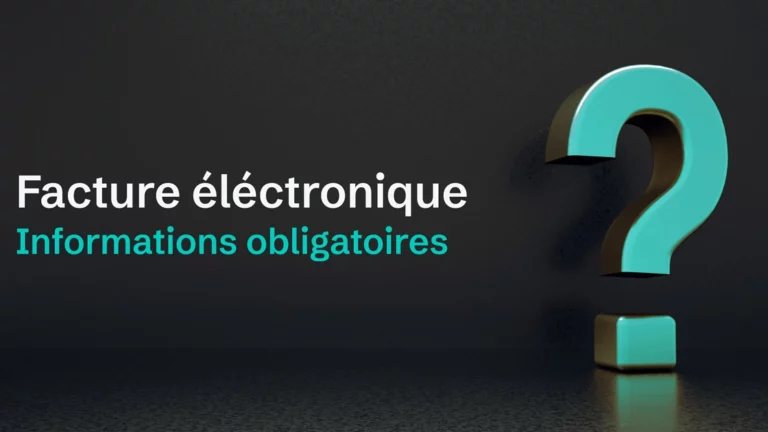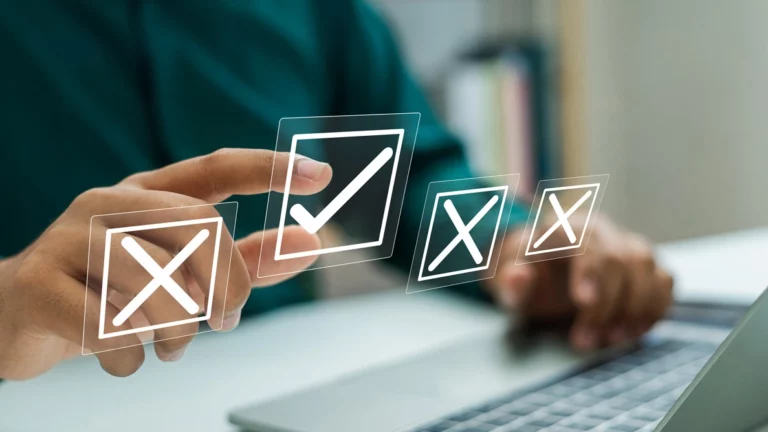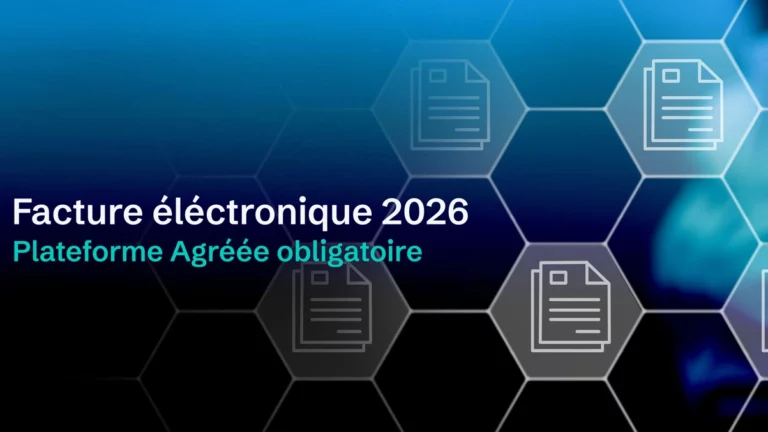The electronic invoicebecomes a legal obligation for all French companies, with progressive deadlines set by the finance law for 2024. Initially planned for 2024, the generalization of theelectronic invoice has been postponed to September 1, 2026This reform concerns all companies subject to VAT, whether they are large, medium, small or micro-enterprises.
From September 1, 2026, large companies and mid-sized companies (ETIs) will have toemitelectronic invoices and will berequired to receiveelectronic invoices. This obligation will gradually be extended:
Electronic Invoicing Schedule
- September 1, 2026: obligation to issue and receive electronic invoices forlarge companies and mid-sized companies.
- September 1, 2027: obligation to issue electronic invoices forsmall and medium-sized enterprises (SMEs) and micro-enterprises.
Electronic invoicing: for what purpose?
This reform aims to simplify accounting processes, combat VAT fraud and improve the competitiveness of businesses through dematerialization. Electronic invoices will have to betransmitted via partner dematerialization platforms (PDP)approved by the tax administration, thus ensuring their compliance and traceability.
It is essential that all businesses prepare for this transition by choosing a compatible platform and training their staff on the new requirements for electronic invoicing. This transition to electronic invoicing represents a major step towards modernizing the management of commercial transactions in France.




